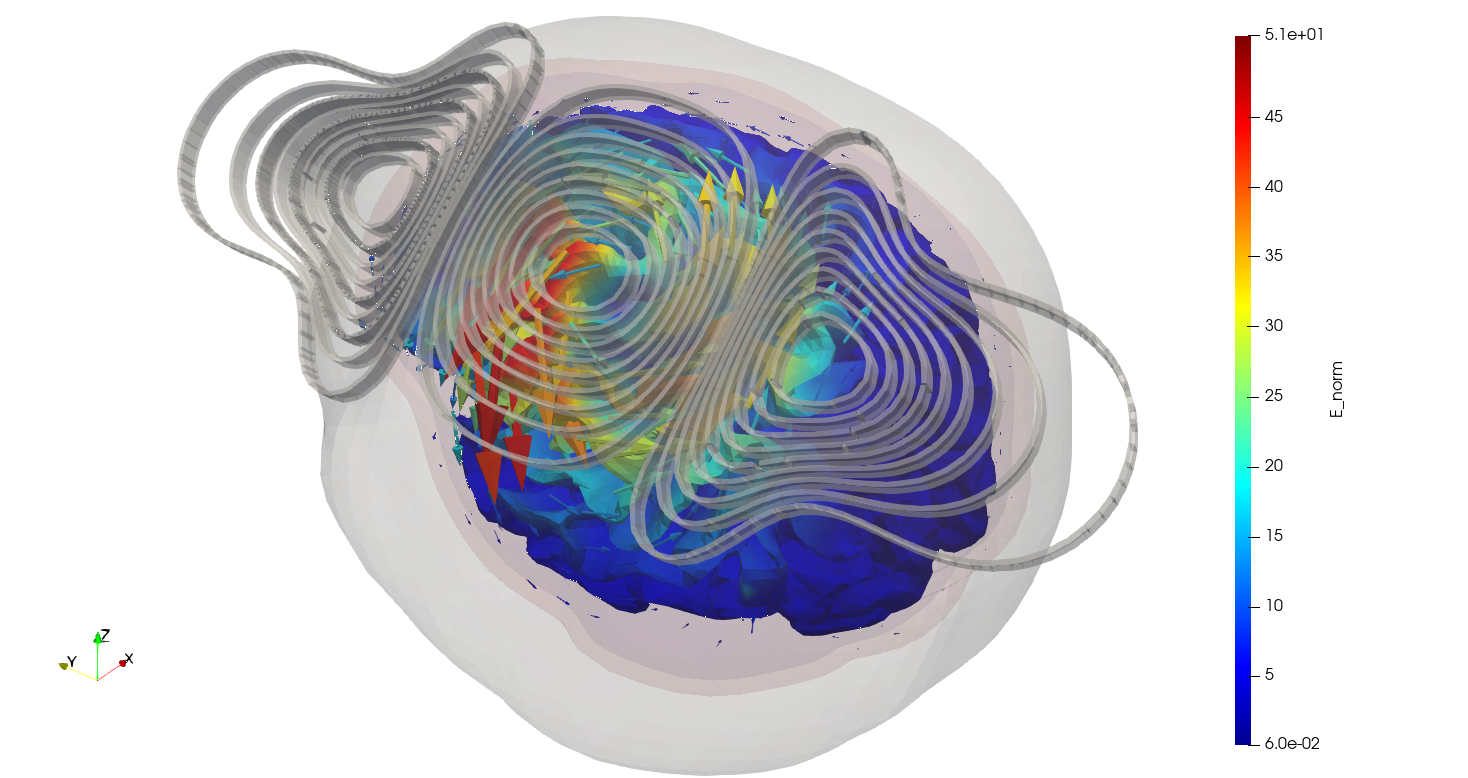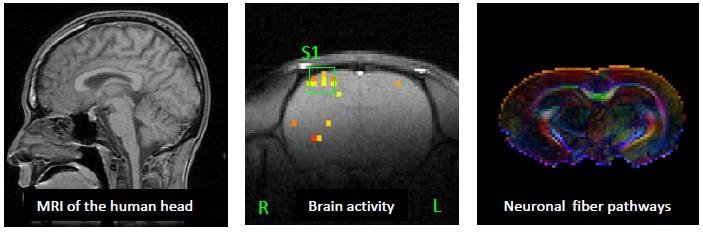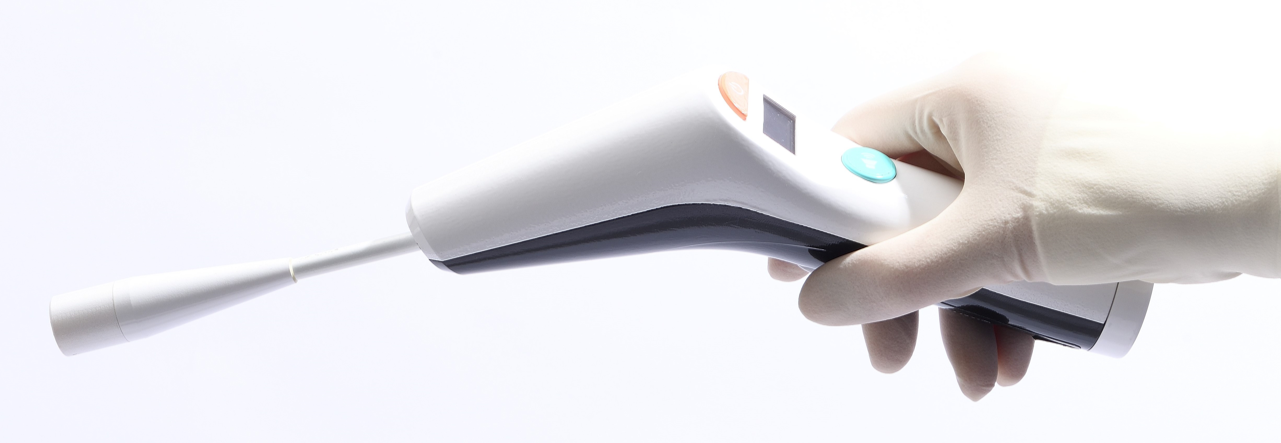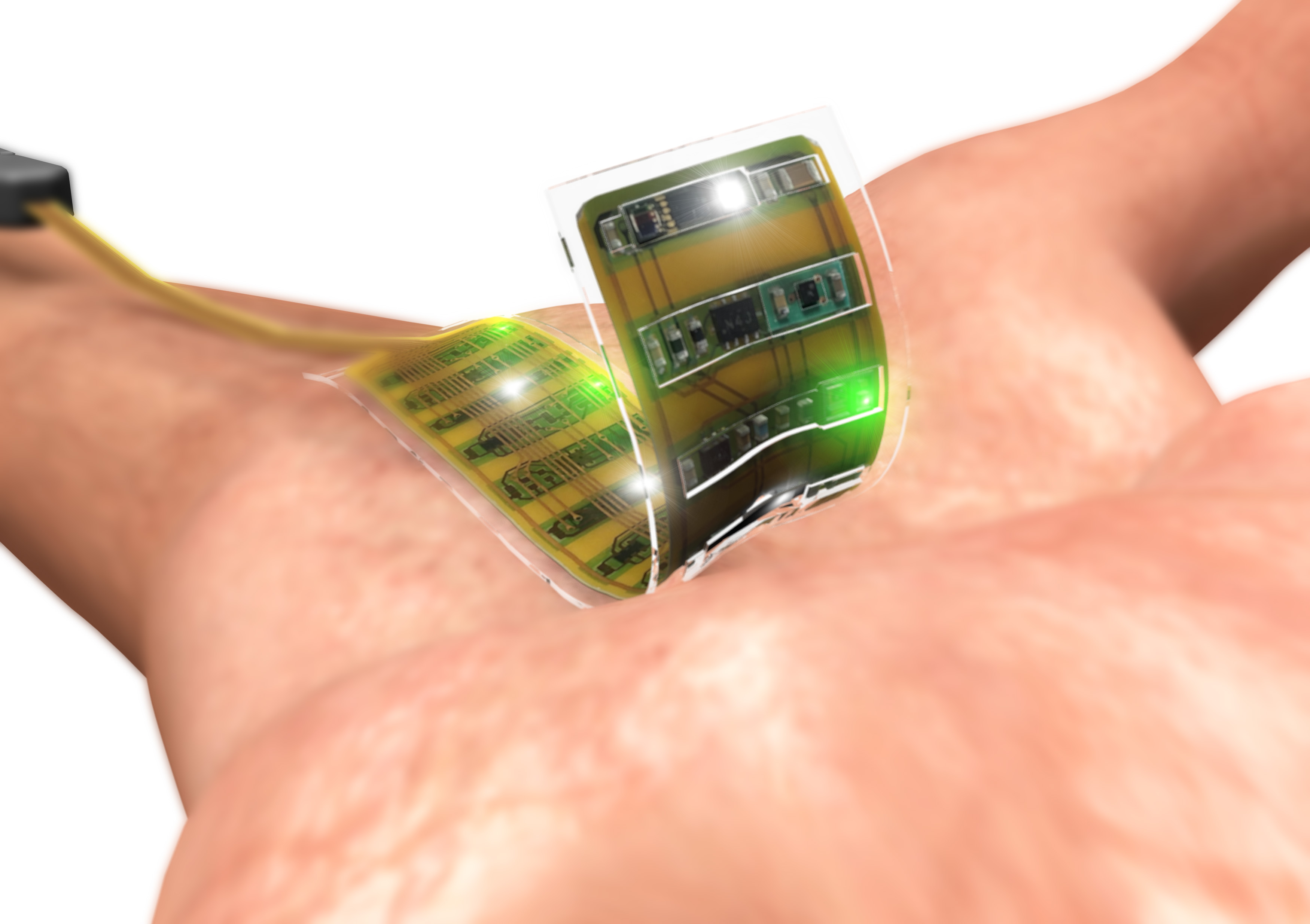
SEKINO Masaki Professor
Hongo Campus
Graduate SchoolGraduate School of Engineering - Electrical Engineering and Information Systems
DepartmentDepartment of Electrical and Electronic Engineering
Complex Systems & Bioelectronics Field
Biomedical engineering/Biomaterial science and engineering
Medical system
Brain biometrics
Electron device/Electronic equipment
Medical Physics and Radiological Technology
Wearable Devices
Healthcare Technology
Biosensing/imaging
Electronics for imaging and stimulation of brain and living bodies
Our researches focus on biomedical devices and artificial intelligence covering highly sensitive sensor for detecting magnetic fields arising from neurons, stimulation of neurons using pulsed magnetic fields, and magnetic sensor for diagnosis of tumor metastasis.
Research field 1
Magnetic stimulation of the brain

Transcranial magnetic stimulation is a diagnostic or therapeutic method to stimulate neurons in the brain using magnetic fields. Pulsed magnetic fields generated from an external coil induces stimulating currents in the brain. Numerical simulations of electromagnetic fields are effective for investigating the distributions of magnetic fields and induced currents. The results then give a theoretical basis for optimizing the designs of the coil and driving circuit. We are working on, in collaboration with medical doctors and companies, the development of a compact and highly efficient magnetic stimulator for installing at patients' homes. Fabrication of a magnetic stimulator based on our original design concept is now in progress.
Research field 2
Novel MRI measurement techniques

Magnetic resonance imaging (MRI) visualizes the internal structures of the human body or various samples thereof. The images originate from nuclear magnetic resonance signals emitted from samples located in a strong magnetic field. Clear and precise images obtained from MRI are now essential in diagnoses of a lot of diseases such as cerebral stroke and cancer. While conventional MRI provides anatomical information mainly, our novel MRI measurement techniques enable us to obtain electrical information, namely electric current, magnetic field, conductivity, and permittivity. In previous studies, we demonstrated novel functional imaging of the brain using a detection of weak neuronal magnetic fields, and imaging of anisotropic conductivity of biological tissues.
Research field 3
Development of a magnetic probe for identifying the sentinel lymph node

Treatment of breast cancer is carried out considering the occurrence of metastasis in lymph nodes. Extracting the lymph nodes for examining the metastasis causes side effects such as edema. For minimizing the invasiveness, sentinel lymph node biopsy is conducted. The sentinel lymph node refers to the first lymph node which receives lymphatic flow from the primary tumor. This lymph node is selectively extracted, and other nodes are preserved. We are developing a magnetic probe system for identifying the sentinel lymph node by introducing magnetic fluid into the lymphatic system and by detecting the magnetic fluids accumulating in the sentinel lymph node. The system does not contain radioisotope, and the handheld detector is compact. Clinical trials were performed using the developed system. The results showed the advantages of this system over the existing techniques.
Research field 4
Development of a flexible device for immediate dection of locally impaired blood flow

Increasing number of patients undergo tissue transplantation after breast cancer resection for reconstructing the breast for an improved quality of life. Thrombosis may occur in the transplanted tissue for about one week after the surgery, and a system for immediately detecting impaired blood flow is required. We are developing an ultrathin optica device, attaching it to the transplanted tissue, and monitoring the blood flow. Conventional techniques such as cameras enable observations at intervals of several hours, which may delay the finding of impaird blood flow. The device is capable of constant observation and can detect changes in local blood flow.